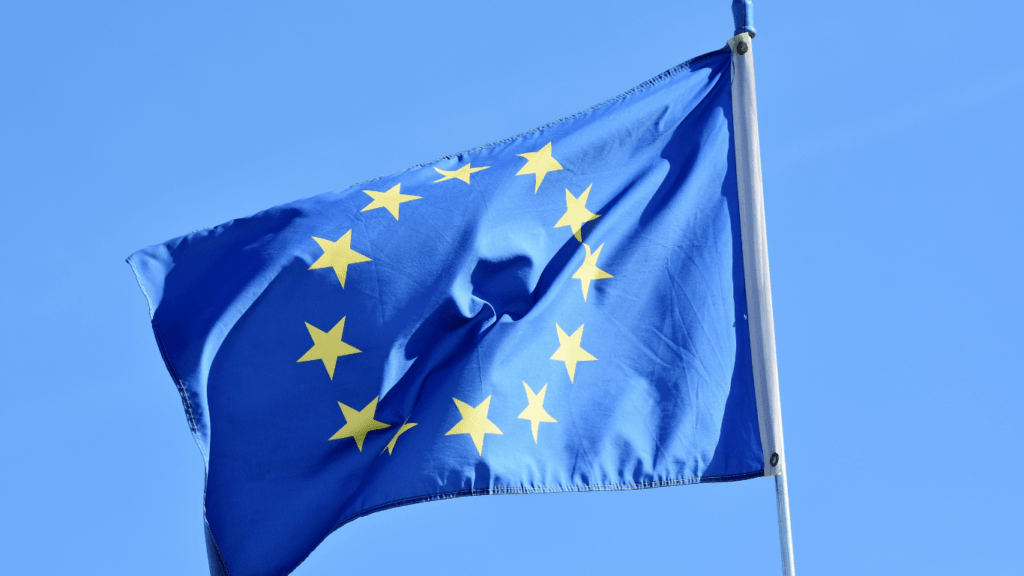Navigating the world of online gambling in Europe is no easy feat, thanks to the stringent regulations put in place. As a passionate advocate for the gaming industry, I’ve delved into the intricate web of rules and restrictions that shape the online gambling landscape across the continent.
From licensing requirements to advertising limitations, every aspect is meticulously governed to ensure a safe and responsible gaming environment. In this article, I’ll shed light on how Europe’s strict regulations reverberate through the online gambling sector, influencing not only operators but also players.
Understanding the impact of these regulations is crucial for anyone involved in the online gaming industry or those looking to partake in it. Join me as we explore the implications of these rules and delve into the dynamics of online gambling under Europe’s watchful regulatory eye.
Overview of Online Gambling in Europe
Exploring the landscape of online gambling in Europe unveils a realm governed by stringent regulations. As a passionate advocate for the gaming sector, I delve into the intricacies of these rules to shed light on their impact on both operators and players.
Licensing requirements and advertising limitations stand as pillars of the regulatory framework shaping the European online gambling industry. Understanding these regulations is vital for anyone engaged in or intrigued by online gambling within the European realm.
Let’s dissect how these rules influence the dynamics of the online gambling sphere under strict regulatory supervision.
Impact of Strict Regulations on Gaming Operators
As an experienced online gambling enthusiast, I comprehend the profound impact that strict regulations have on gaming operators in Europe. Let’s delve into the specifics:
Licensing Requirements and Compliance
Operating an online gambling platform in Europe requires strict adherence to licensing requirements set by regulatory bodies, such as the UK Gambling Commission or the Malta Gaming Authority. These licenses involve rigorous scrutiny of an operator’s financial stability and commitment to responsible gaming, with non-compliance potentially leading to severe penalties, including fines or license revocation.
Compliance is an ongoing process that necessitates regular audits and assessments, compelling operators to invest resources in age verification, anti-money laundering measures, and data protection. By prioritizing regulatory adherence and implementing proactive risk management strategies, operators can navigate the complexities of the European gambling landscape and ensure their long-term sustainability.
Effects on Consumer Protection and Responsible Gambling
Exploring the effects of Europe’s strict regulations on online gambling reveals a paramount focus on consumer protection and responsible gambling practices. Upholding stringent rules ensures a safe and fair gaming environment for players, safeguarding their interests and promoting responsible behavior within the industry.
- Enhanced Consumer Protection Measures: Strengthening consumer protection measures under strict regulations guarantees that players are shielded from potential risks associated with online gambling. Robust frameworks for age verification, anti-money laundering, and data protection protocols are implemented to safeguard players’ interests and prevent exploitation.
- Promotion of Responsible Gambling: The regulations prioritize responsible gambling initiatives, advocating for a sustainable and ethical gaming environment. Operators are required to provide tools for self-exclusion, limits on deposits, and resources for seeking help with gambling addiction, fostering responsible gaming practices among players.
- Mitigation of Harmful Gambling Behaviors: Strict regulations aim to mitigate harmful gambling behaviors by monitoring and addressing potential issues promptly. Regular audits and compliance checks ensure that operators adhere to responsible gaming standards, reducing the risk of addictive behaviors and promoting a safe recreational experience for players.
- Transparency and Accountability: By enforcing strict regulations, transparency and accountability within the online gambling sector are upheld. Players can trust that licensed operators comply with regulations, enhancing credibility and trustworthiness in the industry while promoting a culture of responsible gambling practices.
Understanding the impact of Europe’s strict regulations on consumer protection and responsible gambling is crucial for both operators and players in navigating the intricacies of the online gaming landscape. Prioritizing these aspects not only ensures a secure environment for players but also fosters a sustainable and reputable online gambling industry in Europe.
Economic Impact of Stringent Regulations
Exploring the economic ramifications of Europe’s stringent regulations on online gambling reveals a multi-faceted landscape that influences various stakeholders within the industry.
- Revenue Generation: Adhering to strict regulations can lead to significant revenue losses for operators. Compliance costs, including licensing fees and regulatory overheads, can eat into profit margins, impacting the financial sustainability of online gambling businesses.
- Market Competition: Stringent regulations create barriers to entry for new operators, limiting market competition. Established companies with the resources to navigate complex regulatory frameworks gain a competitive edge, consolidating their market share.
- Innovation and Investment: Compliance with regulations necessitates significant investments in technology and infrastructure to ensure data security and responsible gaming measures. The stringent oversight may deter innovation and limit investment in emerging technologies within the online gambling sector.
- Job Creation and Economic Growth: Regulatory compliance requirements often lead to increased administrative burdens, requiring additional personnel for monitoring and enforcement. While regulations aim to protect consumers, the operational costs associated with compliance can detract from job creation and economic growth opportunities within the industry.
- Tax Contribution: Governments rely on taxes generated from online gambling activities to fund public services. Strict regulations can impact tax revenues if operators struggle to sustain profitability under the regulatory constraints, affecting the financial contributions to state coffers.
Understanding the economic implications of stringent regulations provides valuable insights into the intricate balance between regulatory oversight and the financial viability of the online gambling sector in Europe.


